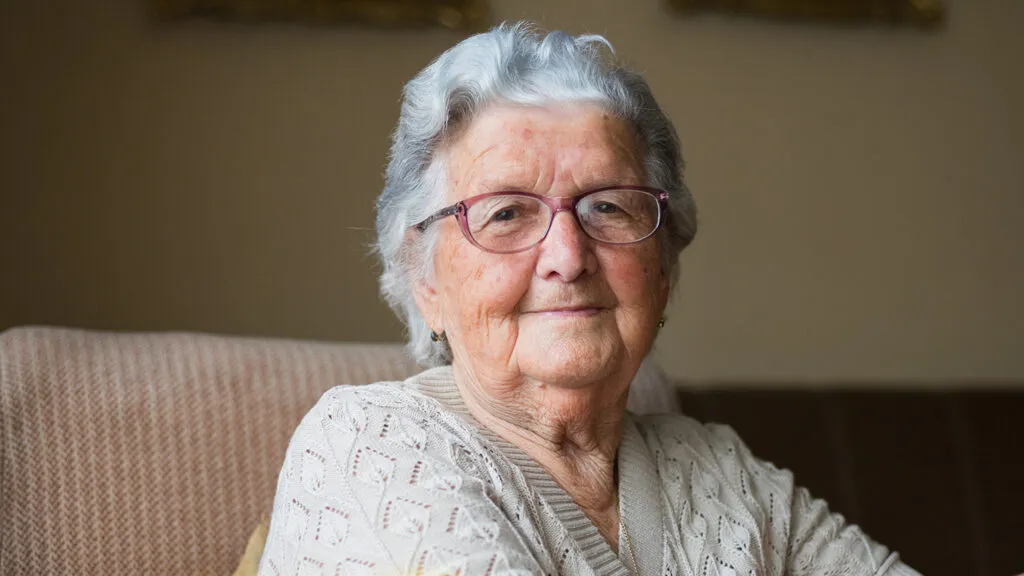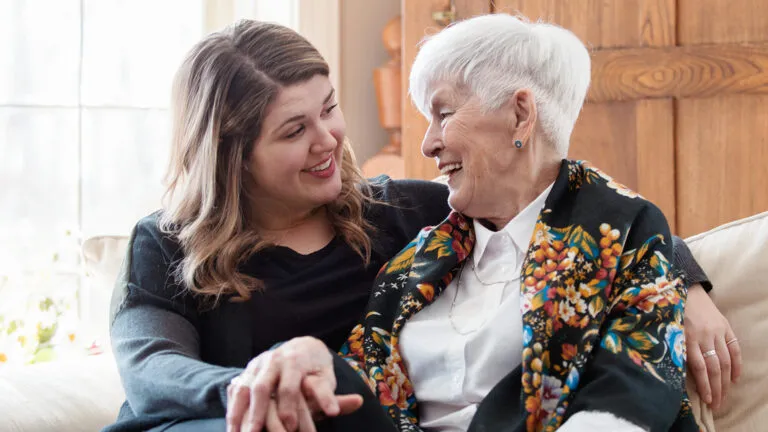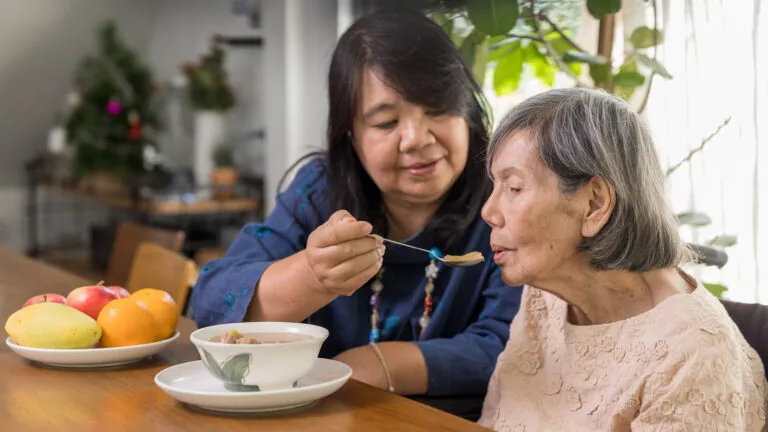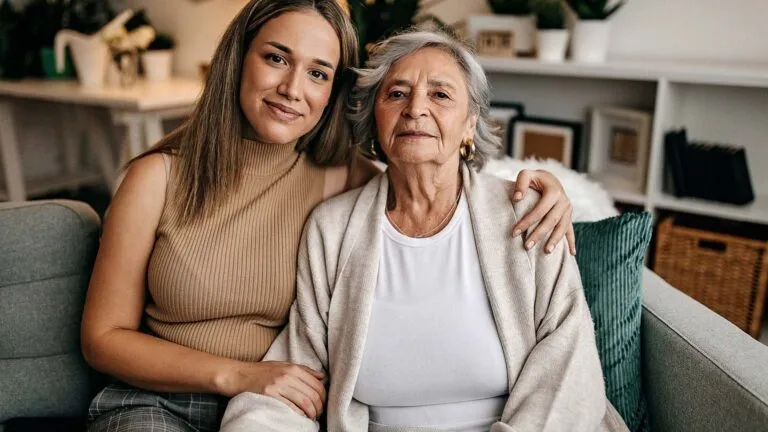Any caregiver can relate to John Haney’s anxiety about his grandmother’s well-being. When you are unable to visit your senior loved one regularly—due to physical distance or Covid-19 restrictions—it’s easy to worry and wonder: How are they really doing?
The isolation problem is getting worse. In 2020, the University of Michigan National Poll on Healthy Aging found that 56 percent of older adults reported feeling isolated, compared with 27 percent in 2018.
The impact of isolation and loneliness is a real concern for our aging population. The Centers for Disease Control and Prevention notes recent studies have found social isolation significantly increases a person’s risk for premature death from all causes and is associated with a roughly 50 percent greater risk for dementia.
“The rise in loneliness and isolation in older adults over the past few months is alarming,” says Lakelyn Hogan, Ph.D., Home Instead gerontologist and caregiver advocate. “It’s more important than ever to stay connected with your loved ones and pay attention to personality or behavior changes.”
Understanding what social isolation is, noticing it early and getting help increase the likelihood that an older adult can continue to age safely at home. Dr. Hogan says to look out for the following signs:
Trouble sleeping.
Anxiety often leads to sleep problems. Encourage your senior to take breaks from watching, reading and listening to the news, which can fuel the type of anxiousness that could result in a restless night.
Withdrawal.
Have you noticed that your senior has lost interest in socializing, either virtually or in person? Do hobbies and activities no longer provide the pleasure they once did?
Changes in appearance.
Does your loved one’s clothes seem rumpled or unwashed? Is their hair unkempt? Have they gained or lost a noticeable amount of weight?
Memory loss.
Has your senior loved one been having difficulty remembering the names of family members and friends? Forgotten recent events? Seemed confused or overwhelmed?
Downshifts in mood.
Have you noticed any recent changes in attitude? Does your senior seem unusually sad? Are their voice mails or text messages out of the ordinary? It’s important to remember that depression is not an inevitable part of aging. If you notice any of these signs, contact your health provider. For more information, visit homeinstead.com.
For more inspiring stories, subscribe to Guideposts magazine.





